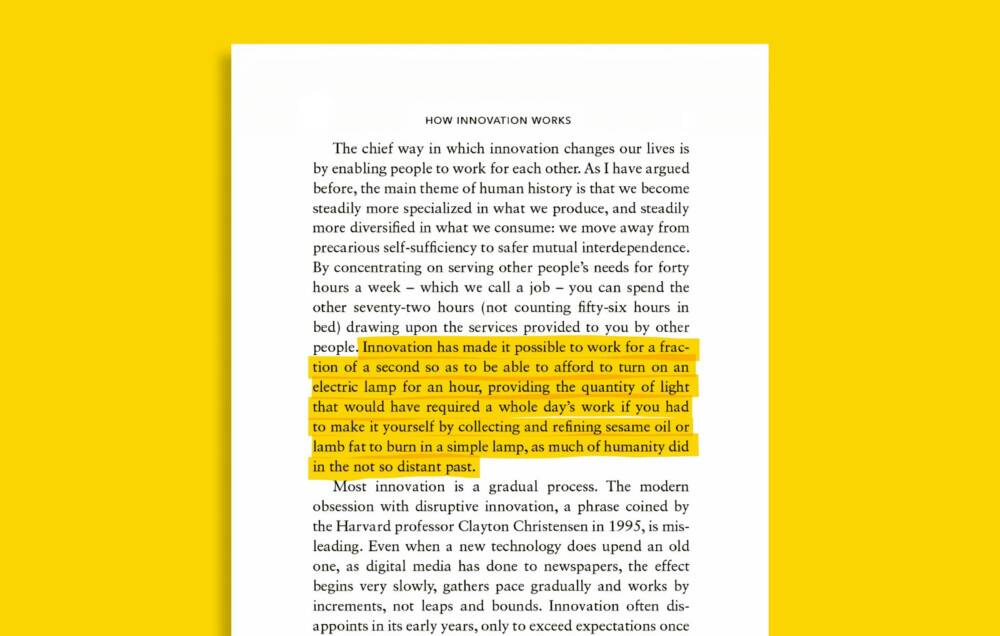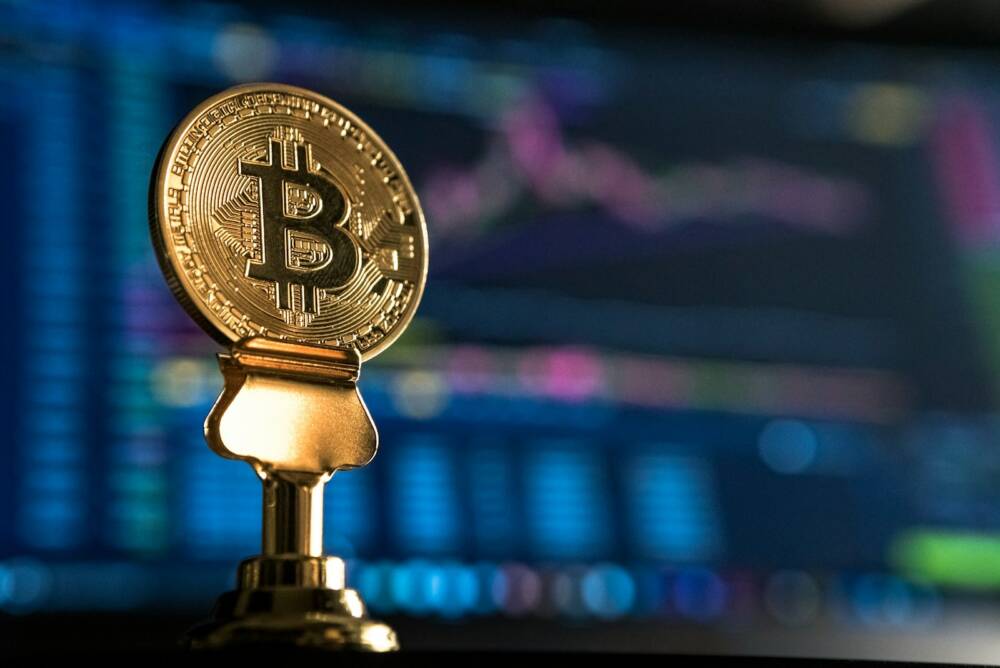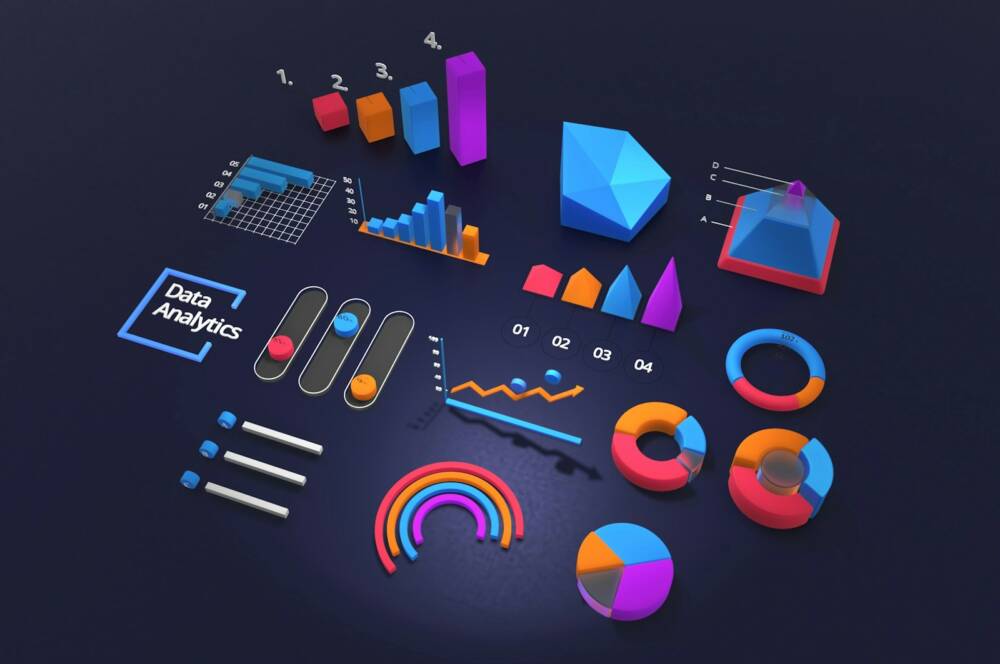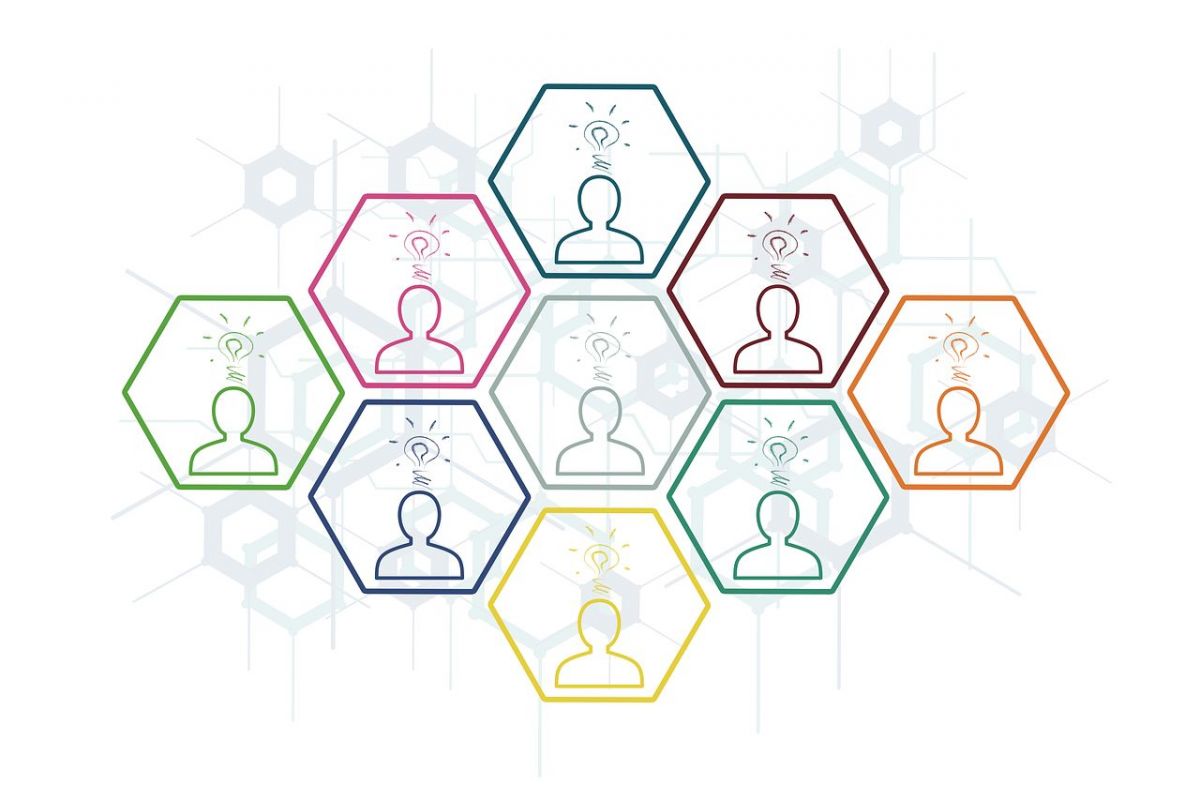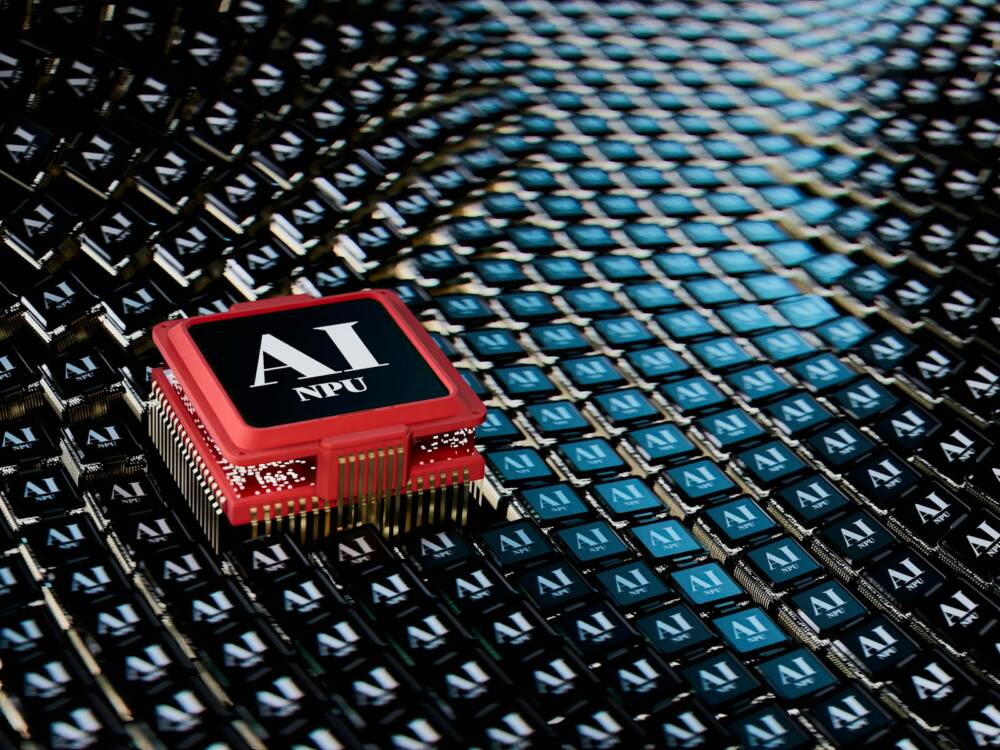The transformation which has been brought on by a surge of technological innovation has not affected trading trends and the capital markets need to be approached with holistic strategies which would have a long-term effect on the future productivity and flexibility in the financial industry. There have only been two dominating elements which have significantly added to the successful transformation of the trading world and those are digitization and access to vital data and statistics.
Mike Persico, the chief executive of Anova Technologies, said that,
“There is more money being poured into this wireless space than any time in its history. A lot of things are science fiction, but I like to say we operate in the world of science fact-ion.”
The evidence which has pointed out towards this fast transformation of the capital markets and trading firms and organizations requires a new approach to the technological aspects of the banking infrastructure must be implemented. The trading of assets, stocks, commodities and foreign currencies are all experiencing these massive but important changes. For example, many financial trading firms have now employed the use of electronic channels associated with each asset class instead of voice execution. Hugh Cumberland, the manager of financial services at Colt, stated,
“High frequency trading is driven by being either the fastest to market, or equal fastest to market, and coming second is like losing.”
OTC derivatives trading along with fixed income trading are now steadily moving towards being traded from organization financial exchanges. These alterations to the whole trading and trading execution environment works to substantially increase the requirements of different trading platforms and trading venues which means more data and more messaging which also makes routing decisions more complex, giving rise to multi-sourced risks and because of this there is now the need for more scrutinized monitoring, just as different investors, traders and regulators are increasing the reporting requirements.
Modern Trading
Under the modern framework, trading today depends on three things: speed, efficiency and scalability. In order to be able to react to the obstacle posed by the transformation it faces today. Many financial and economic analysts agree that strategic and tactical progression in the short-term will never present a solution for such problems and because of these reasons, traders are now seeing more strategic solutions being implemented in the same context.
Within this transformation, there are two important phrases that are often cited and these are the digitization of the trading environment and system and fast access to trading data. So, what does the digitization of the trading environment mean? Basically, what this means is that there is no longer ‘unified accessibility’ of trading systems and information which can be viewed by each and every trader, both individual and company traders. You can now enjoy access to real-time data which you can use to monitor your trades, orders and enhance your portfolio.
In the future, the trading infrastructure will have many information and connectivity protocols so that the whole trade and investment process (i.e. the starting of the trade to post trader analysis), will be managed centrally, via one point. And the main reason for this is the fact it will no doubt make the whole digitalization process much simpler and faster. And this is why you can now see a shift from legacy silos to an adoption of incorporated trading solutions which now play an important role in facilitating the completion of the digital trading infrastructure.
Mobility
A significant characteristic of this technological change is mobility, especially when you talk about particular capital markets and services. The simplicity in controlling trade flows, order book build-up, pricing and risk analysis and evaluation from smartphone and tablets maximizes the agility and execution of trading options. What it also does is increase the credibility of different financial organizations and brokers who now don’t have to operate from their desks or PCs and can now provide their services from virtually anywhere they want. Since the whole purpose of increasing mobility is to simplify everything, transcending into an easier trading environment with fewer applications will accelerate the entire trading infrastructure into a simple and mobile atmosphere.
The Data Aspect
When you talk about the flow of data and its accessibility, you need to consider three instances: timelessness, volume and security. This is a rather new aspect the experts have touched on. Electronic trading requires the use of real-time data and access to conducting trades, real-time access to market data, counterparty data and venue data.
What this does is produce bigger trade volumes and leads to quicker processing which allows the trader to make quick decisions in real-time and execute them right away. The utilization of cloud technology as a place for data management and access is being considered a more long-term solution which falls in line with the fundamentals of digitization of trading principles. The mentioned alterations in trading technology is going to cost both in regards to investments and trading resources. Since the results would only prove to affect the productivity of trading in the years to come, planning, design, phasing and costing will serve as being fundamental for the success of the entire transformation.
Where to Start?
The first thing which needs to be considered is the fact that there should be detailed mapping of the today’s trading infrastructure and the use of essential components which should be integrated into a trading platform that will provide the traders with one point of access for the workflow which can eliminate any reliance on traditional methods or on a fragmented infrastructure.
This strategy will certainly be in favour of the vendors of different trading platforms on which they will be able to provide traders standard workflow connectivity. The effect of this transition would be seen across the whole of Fintech that will surely reap the advantages provided by the effectiveness and efficiency of the transformation. All in all, the transformation of the capital markets will serve as a vital component for the resurgence of the entire financial industry.
Relevant Posts:
The Future of Trading – Part 1
MKTPlace is a leading digital and social media platform for traders and investors. MKTPlace offers premiere resources for trading and investing education, digital resources for personal finance, news about IoT, AI, Blockchain, Business, market analysis and education resources and guides.



